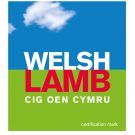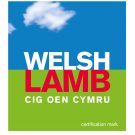The Welsh Way
Sustainable, ethical and unmatched for taste, Welsh Lamb is as good as meat gets.
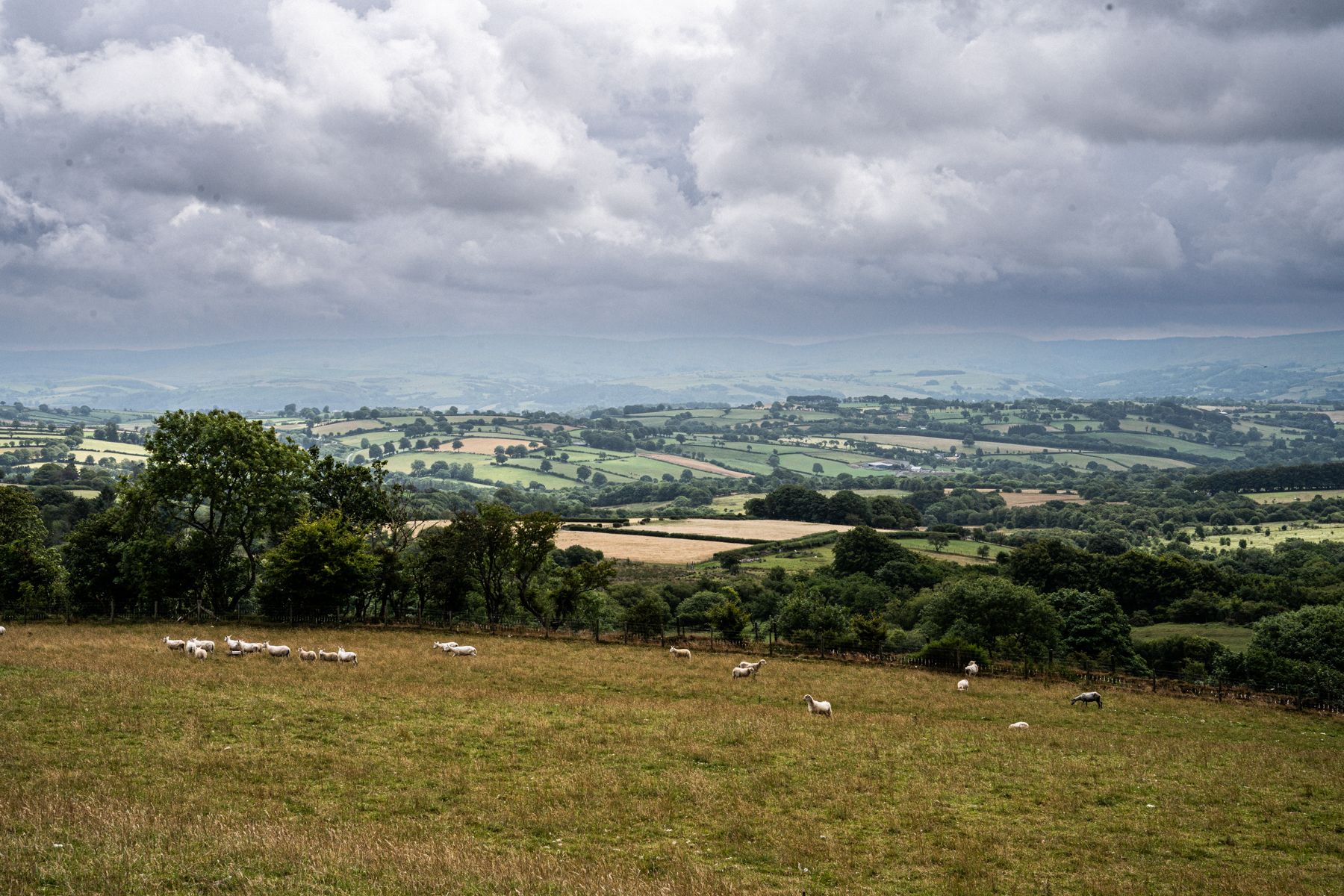
What we eat, where and when, and where that food comes from has never been more debated than in recent years. Climate conscious consumers care about the origin and production methods of their food more than ever. It is easy to get confused with the myriad of claims that often paint a less than favourable picture of our farming industry, especially if different production systems get confused.
Thankfully, there’s an answer: traditionally-farmed meat, which is healthier, more sustainable, and — best of all — tastier.
The sheep farmers of Wales never needed telling this. They’ve lived and worked this way, the Welsh way, for centuries.
The wild weather and even wilder terrain of Wales isn’t ideal for many types of farming, but it's absolutely perfect for rearing the world’s finest sheep. Lush grass fed by plentiful rain – very plentiful, let’s face it – make for unsurpassed grazing, healthy animals and the finest lamb you could ever wish to serve up.
‘Welsh Lamb is definitely a product of its environment,’ says Emily Jones, a fourth generation farmer from Garnwen Farm in Ceredigion.
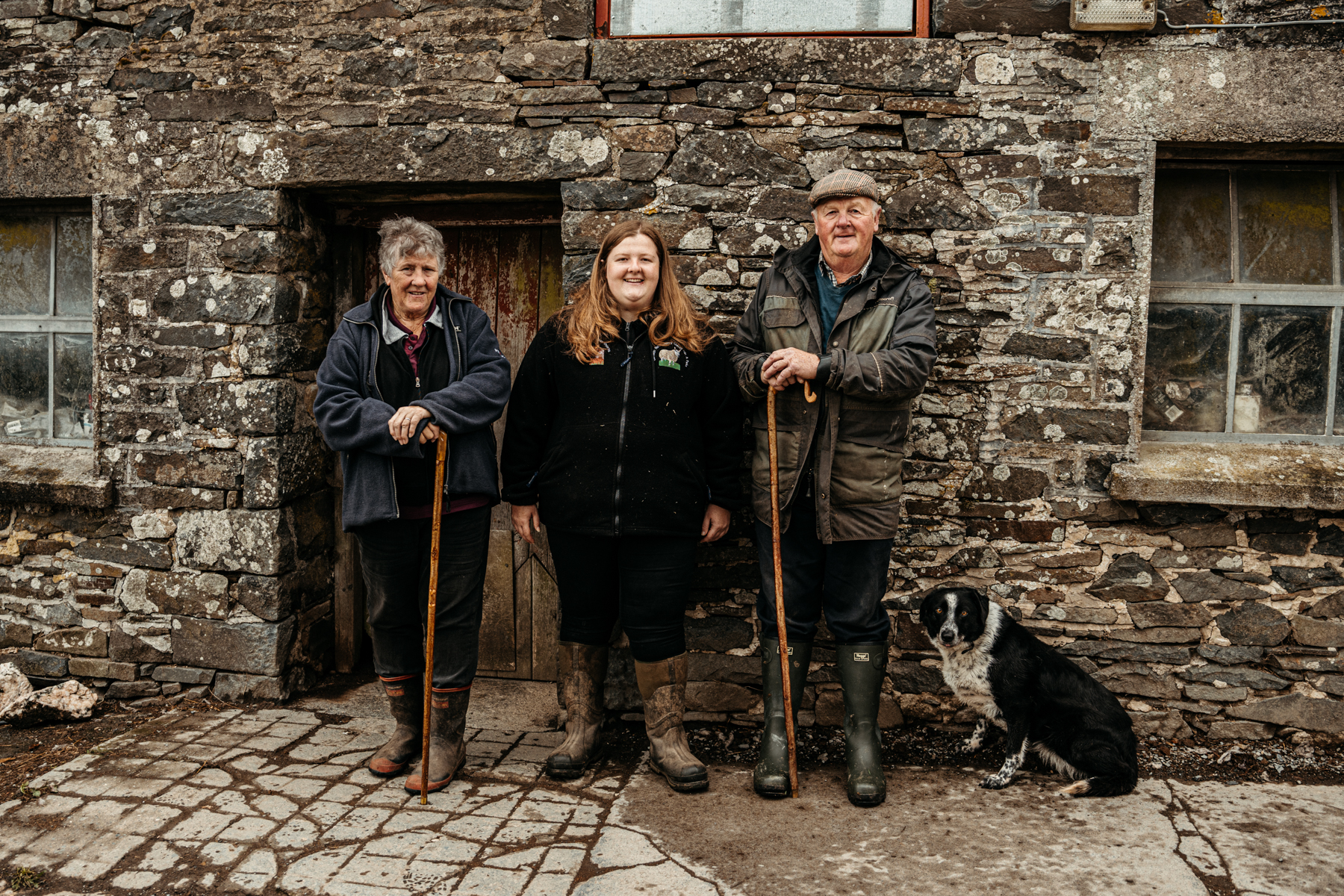
Garnwen Farm is in the central mountains of Wales at 1,000ft above sea level, something which Emily says suits her livestock perfectly.
'Our animals thrive on where we are,' she explains.
'I think what makes Welsh Lamb so special here is it's not pushed, it's very natural, it lives on grass and fresh air.'
Grass and fresh air are just part of the story, though: the care that farmers give their animals really makes a difference — both in terms of animal welfare and flavour.
'I think how the farmers treat all the animals and how they look after them, that's definitely what I feel that makes Welsh Lamb so special,' says Emily.
Welsh Lamb: The facts
- Farming is often cited as one of the biggest sources of greenhouse gases in the UK, but agriculture is responsible for just 10% of total emissions
- Red meat farmed in Wales is significantly more sustainable than meat from around the world. Welsh Lamb production emits 10–13kg of CO2 emitted per kilogram – roughly a third of the global average of 37kg of CO2 per kg
- The claim that it takes 15,000 litres of water to produce a kilo of beef simply don't apply in Wales. Naturally high rainfall provides everything that’s needed, and in this sustainable, grass-based system, the figure can be as low as 220 litres per kg
- 80% of Welsh agricultural land is considered ‘marginal’ - in other words, not suitable for growing crops. Grazing cattle and sheep is the most efficient way to use this land for food production.
Emily’s family have worked the 140 acres of Garnwen Farm for almost a century, giving her generations of experience to draw upon – experience that she has augmented with further training and the best new sustainable techniques.
‘I feel I've learnt a lot from my father, he's done a lot here, and I can see where we have improved and where we can improve,’ she says.
These days, Garwen Farm’s sheep rotate with cattle, for example; they also graze on herbal leys, which mix grass with herbs and legumes to enrich the soil, minimise the use of chemicals and improve the health of the sheep.
'I do feel like I have got a good understanding of the grassland and how we farm here,' Emily adds, 'and I'm still up for learning and trying new things and bringing new things in to help Welsh Lamb thrive.’
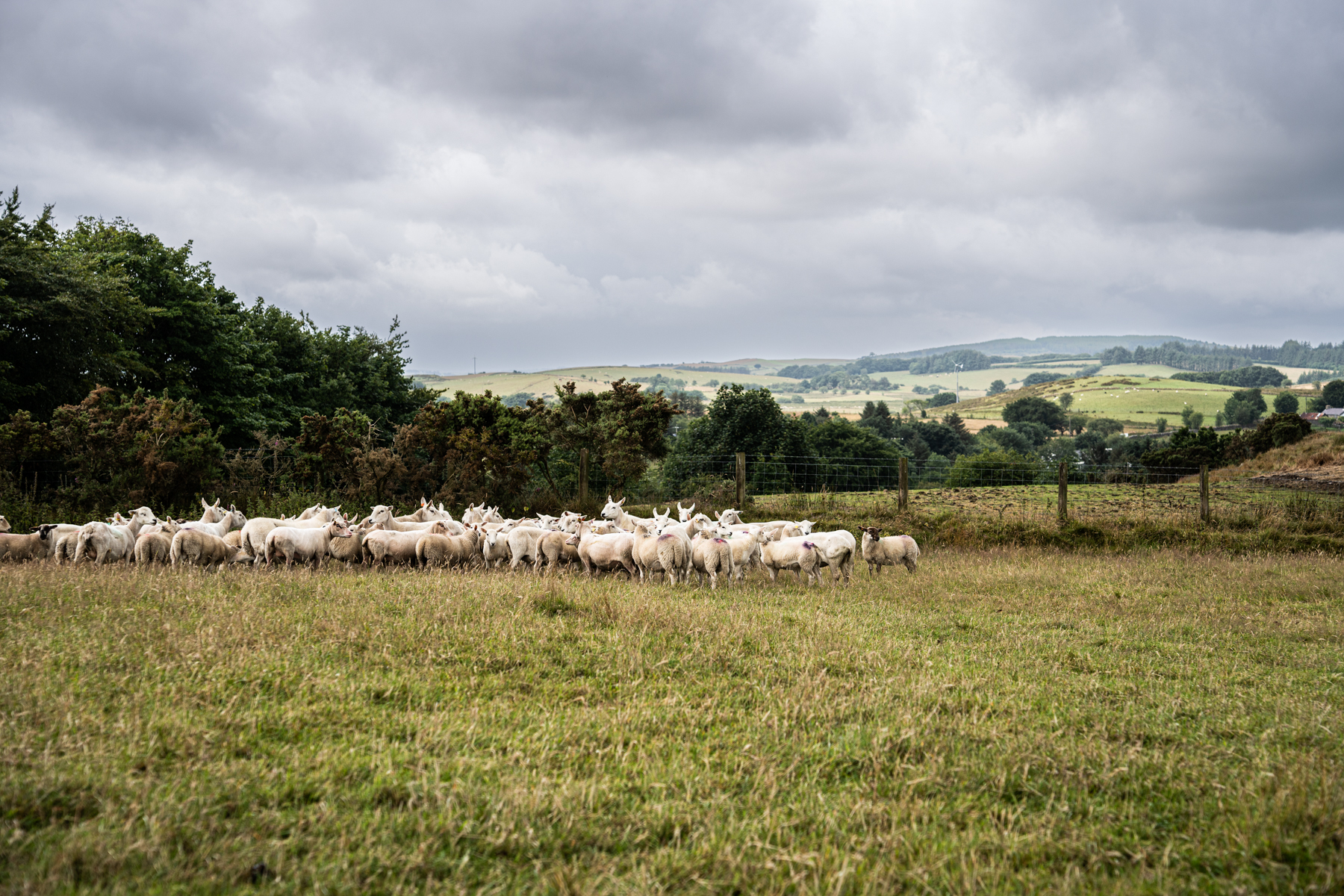
And thriving it is. More and more, farmers like Emily are finding that their customers are happy to pay a premium for sustainable, ethically-produced meat from healthy, happy animals – not just for the environmental benefits, but also because it quite simply tastes so much better. And as the awareness spreads, it helps create a virtuous circle which will keep this ancient way of farming going for many more centuries to come.
'When you go out to buy Welsh Lamb, you're not only supporting us as a community, but I do feel it is the best tasting lamb out there,’ Emily says. 'But you'll be helping the community, helping an industry thrive, and really helping support places like this.’
To find out more about the work that goes into producing quality PGI Welsh Lamb visit eatwelshlambandwelshbeef.com
Exquisite houses, the beauty of Nature, and how to get the most from your life, straight to your inbox.
-
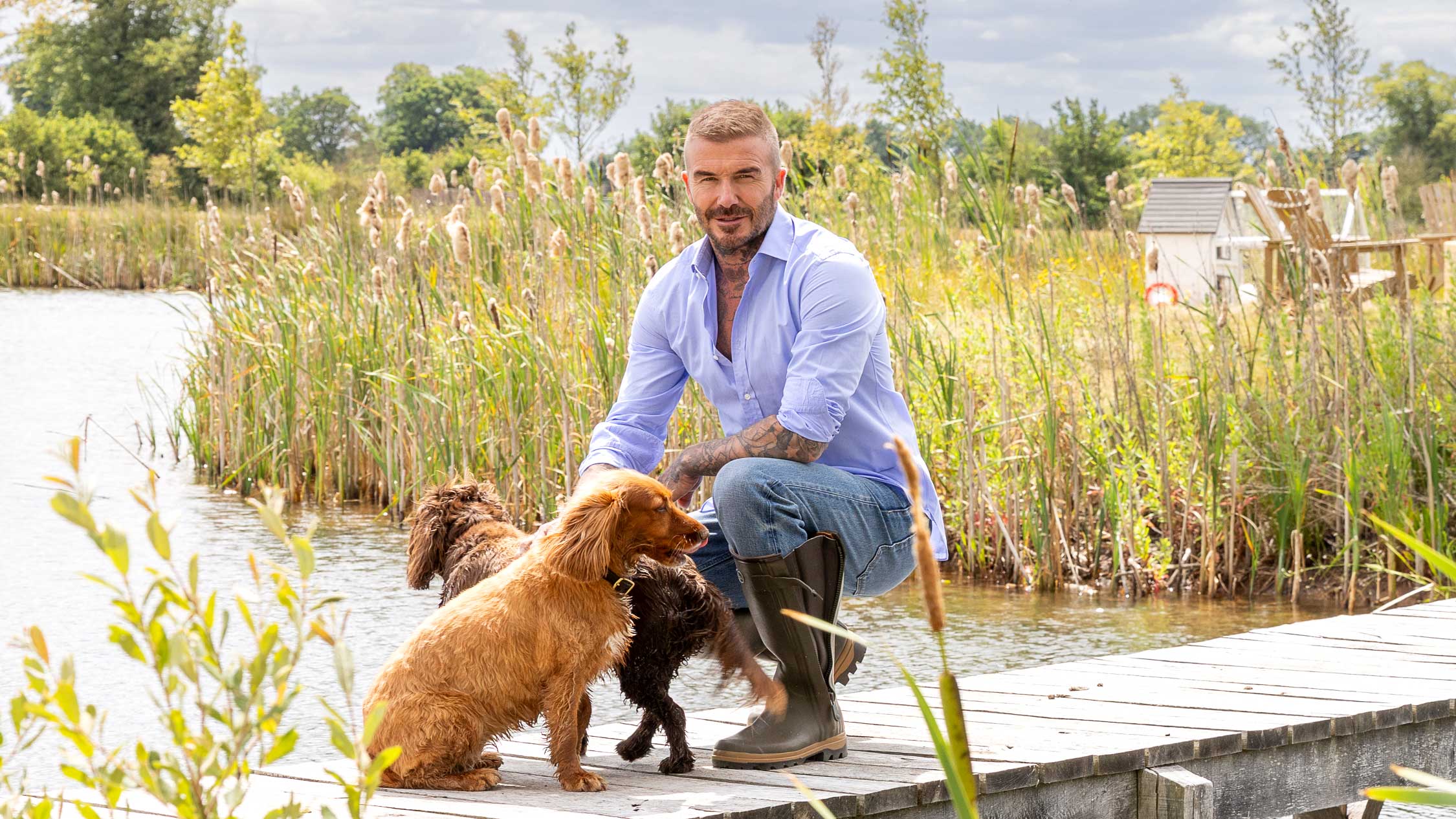 Country Life's top 10 garden stories of 2025, from Alan Titchmarsh's hardy annuals to David Beckham's Cotswolds paradise
Country Life's top 10 garden stories of 2025, from Alan Titchmarsh's hardy annuals to David Beckham's Cotswolds paradiseWe look back at the most-read architecture stories on the Country Life website in 2025.
-
 Britain's most entertaining (and a little bit salacious) country house scandals
Britain's most entertaining (and a little bit salacious) country house scandals'Country houses seem to have harboured more than their fair share of scandals,' says Adrian Tinniswood, who recounts some of the most shocking.
-
 Jewels of the Mediterranean: Luxury multi-generational villa holidays
Jewels of the Mediterranean: Luxury multi-generational villa holidaysThe Thinking Traveller have some of the finest villas in the Mediterranean on their books for multi-generational holidays. Here are just a few of the highlights.
-
 Code8: Beauty on Burlington Arcade
Code8: Beauty on Burlington ArcadeCome along Burlington Arcade with Hetty Lintell to visit beauty gurus Code8, and try their new Day To Night Foundation.
-
 The gift of growing
The gift of growingEntirely built to suit your needs, a bespoke Alitex greenhouse not only helps you nurture flowers and vegetables, but also offers a tranquil retreat from the pressures of daily life.
-
 The ultimate Canadian train journey
The ultimate Canadian train journeyExperience the spectacular scenery of the Canadian Rockies onboard the luxury and top-tier service of Rocky Mountaineer.
-
 Diamonds are a man’s best friend
Diamonds are a man’s best friendMale interest in jewellery is on the rise, with gypsy and signet rings proving especially popular, according to renowned jeweller Hancocks.
-
 The Art of Lighting: Four of Britain's top designers share their best tips for choosing lighting
The Art of Lighting: Four of Britain's top designers share their best tips for choosing lightingAt a recent panel discussion hosted at Vaughan’s London showroom during Focus/24, interior designers Emma Pocock and Sarah Peake, lighting designer Jo Mann of Lighthouse Designs and Richard Smith of Vaughan shared their top 10 tips on choosing lighting.
-
 The beauty of bespoke: A journey with Julia Lloyd George
The beauty of bespoke: A journey with Julia Lloyd GeorgeGoing bespoke with Julia Lloyd George means getting not just a piece of jewellery, but a lifelong treasure.
-
 Hancocks: Sparkle of genius
Hancocks: Sparkle of geniusHistoric jewellery firm Hancocks, now in its new St James’s home, specialises in old-cut diamonds pieces that gleam and turn heads even in low light.
